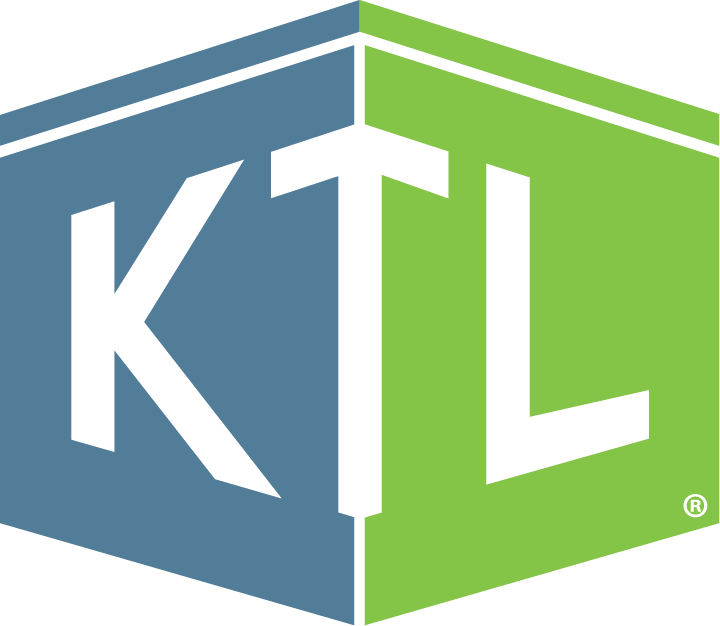
Environment
Comments: No Comments
Many hazardous wastes can be recycled safely and effectively. As with most materials, recycling has a variety of benefits. For hazardous waste, this includes fulfilling two goals of the Resource Conservation and Recovery Act (RCRA):
- Reduce the volume of waste materials that must be treated and disposed of, and
- Reduce the consumption of raw materials and energy.
Beyond these environmental impacts, hazardous waste recycling can also provide significant economic benefits to generators, including increased production efficiency, reduced costs associated with purchasing new materials, reduced (or eliminated) RCRA regulatory requirements, and stronger corporate stewardship and a “green” image.
Know Your Options—and Regulations
Used or residual waste-like materials—the byproducts of hazardous waste—are called secondary materials. A hazardous secondary material may be recycled in one of a few different ways, including use, reuse, and reclamation.
EPA has developed hazardous waste recycling regulations to promote the reuse and reclamation of useful materials in a manner that “balances the conservation of resources, while ensuring the protection of human health and environment.” The level of regulation depends on the material and how it is recycled. For example, recycling activities that pose a significant threat are subject to strict hazardous waste regulations. Conversely, the Agency grants regulatory relief for many types of “lower risk” recycling to reduce the regulatory and compliance burden.
Direct Use or Reuse
Secondary materials can be used or reused as an ingredient in an industrial process to make a product or as an effective substitute for a commercial product. Since direct reuse of hazardous materials presents a low risk to human health and the environment, EPA does not regulate these activities unless waste will be burned or placed on the land (see below).
Reclamation
Reclamation involves processing secondary material to recover a usable product. Certain reclaimed materials may be exempt from hazardous waste regulations, while others are subject to full regulation based on the level of threat posed by reclamation activities. For example, EPA standards for handling precious metal waste are significantly less stringent than for other hazardous wastes, and reclaimed scrap metal is exempt from all hazardous waste regulations.
Use Constituting Disposal
This type of use involves direct placement of wastes or products containing wastes on the land (i.e., land application). EPA strictly regulates land disposal of hazardous waste due to the potential for soil and groundwater contamination.
Combustion for Energy Recovery
Hazardous waste can be recycled by burning it for its fuel value. This activity is regulated as strictly as any other type of hazardous waste combustion. Combustion units must obtain a permit and meet performance and operating standards under the boiler and industrial furnace regulations.
Selecting a Reputable Hazardous Waste Recycler
When poorly managed, hazardous waste recycling can become a significant—and dangerous—waste management problem. It is the generator’s responsibility to ensure their hazardous secondary materials are being handled legitimately by recyclers.
Recyclers should be open to periodic inspections of their facilities and audits of their operations to ensure they are fit to handle hazardous secondary materials. EPA recommends asking questions of hazardous waste recyclers to ensure the legitimacy of their operations:
- What is the facility’s site/ownership history? Is the facility financially sound? Does it have adequate pollution liability insurance and provisions for closure and cleanup costs, if necessary?
- Does the facility have a history of environmental compliance? Has there been any previous contamination at the site? Has the facility been subject to any enforcement actions? Does the facility’s record indicate a commitment to sound environmental stewardship? Does the facility have all required permits?
- What are the general housekeeping practices at the facility?
- Does the facility employ responsible practices, such as waste screening and acceptance procedures, residuals management, drop-off and tracking protocol, and certificates of recycling?
- Is there a reliable market for the saleable products or intermediates that are made from recycling hazardous secondary material? Can the recycler provide names/locations of business, landfills, incinerators to which it sends products/residuals? Can the recycler supply certification of final disposition of materials?
- Are any residuals generated from the recycling process managed in a way that is protective of human health and the environment? Does the recycler have an EHS management system to ensure environmentally sound management practices?
A thorough accounting of all materials handled should be readily available from the recycler, including the following:
- Documented evidence that their process meets requirements for recycling hazardous waste, as codified in 40 CFR 266.
- Notification to EPA of activities for transportation, operation of a TSDF, or generation of regulated waste.
- Documented reclamation process, including all downstream and outsourced processes.
- Completed, compliant manifests for shipment of regulated wastes.
- Records showing the facility is not speculatively accumulating.
As best management practice, recyclers may also provide certificates of reclamation to offer generators additional assurance. Certifications that operations meet internationally accepted environmental, health, and safety (EHS) management standards (e.g., ISO 14001/45001) provide additional assurance that programs and processes are in place to comply with applicable regulations and reduce the generator’s liability.
As generators use recyclers, it is important to monitor environmental and financial metrics. When working with a reputable recycler, hazardous waste recycling can result in cost savings through reduced material/energy consumption and avoided disposal cost. It can alleviate environmental compliance obligations. And it can help promote an environmentally friendly reputation.
